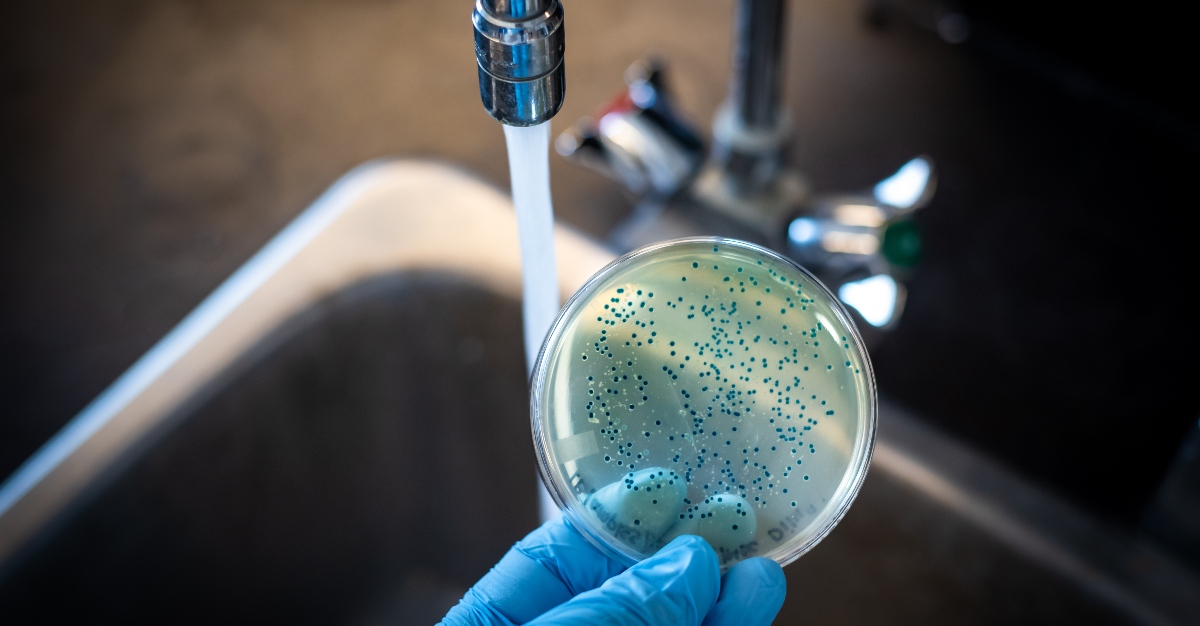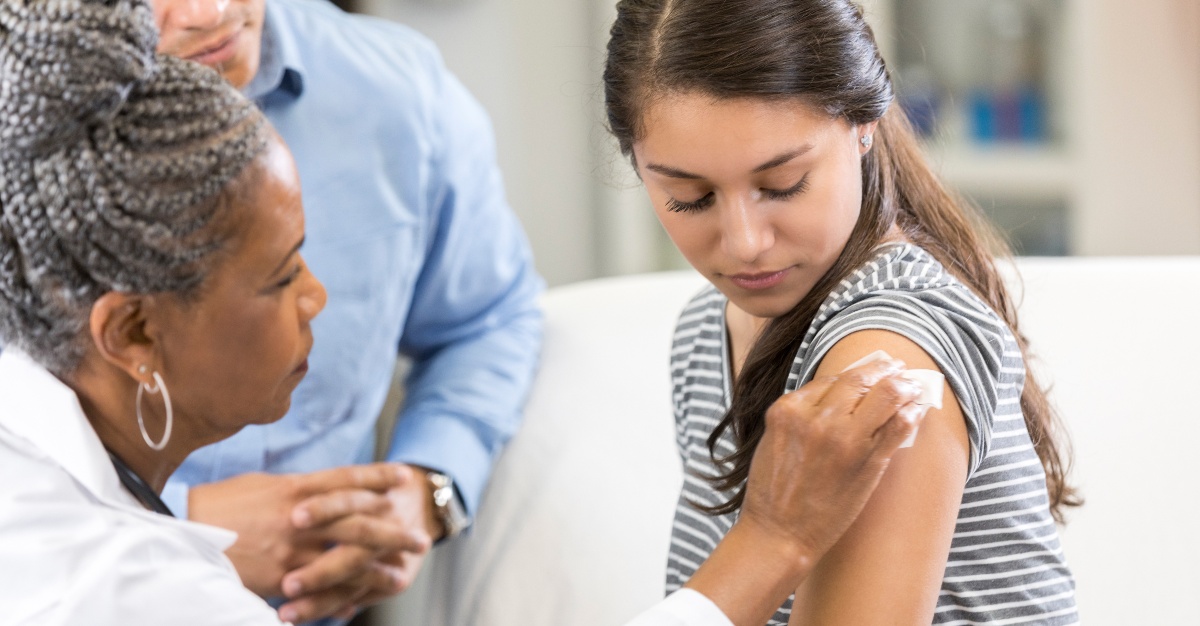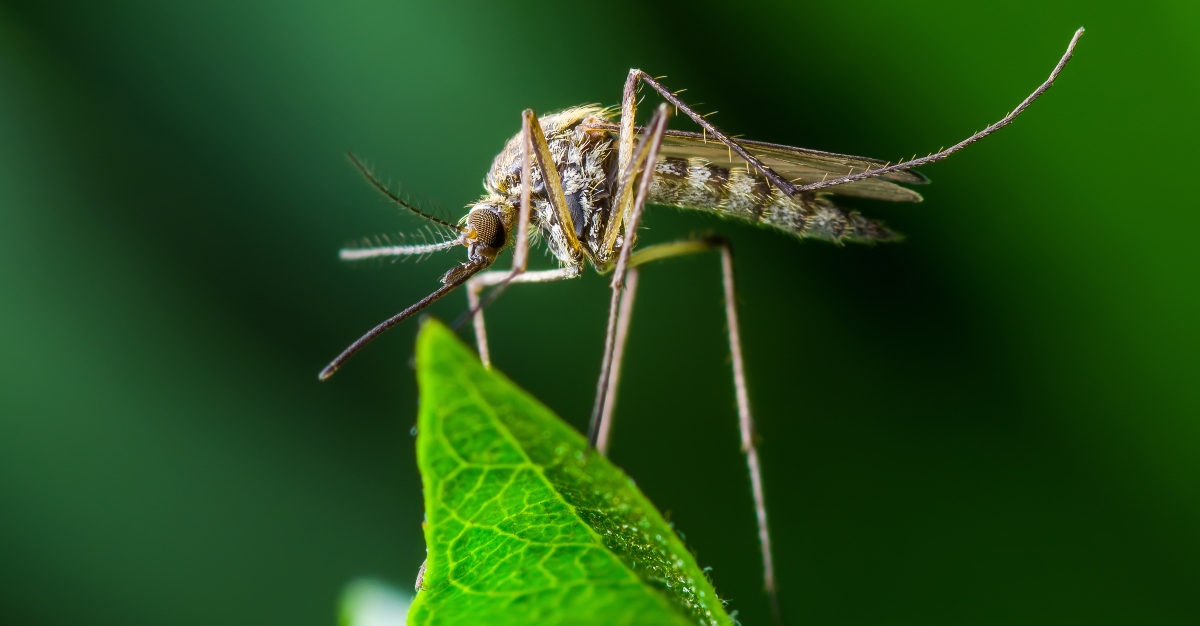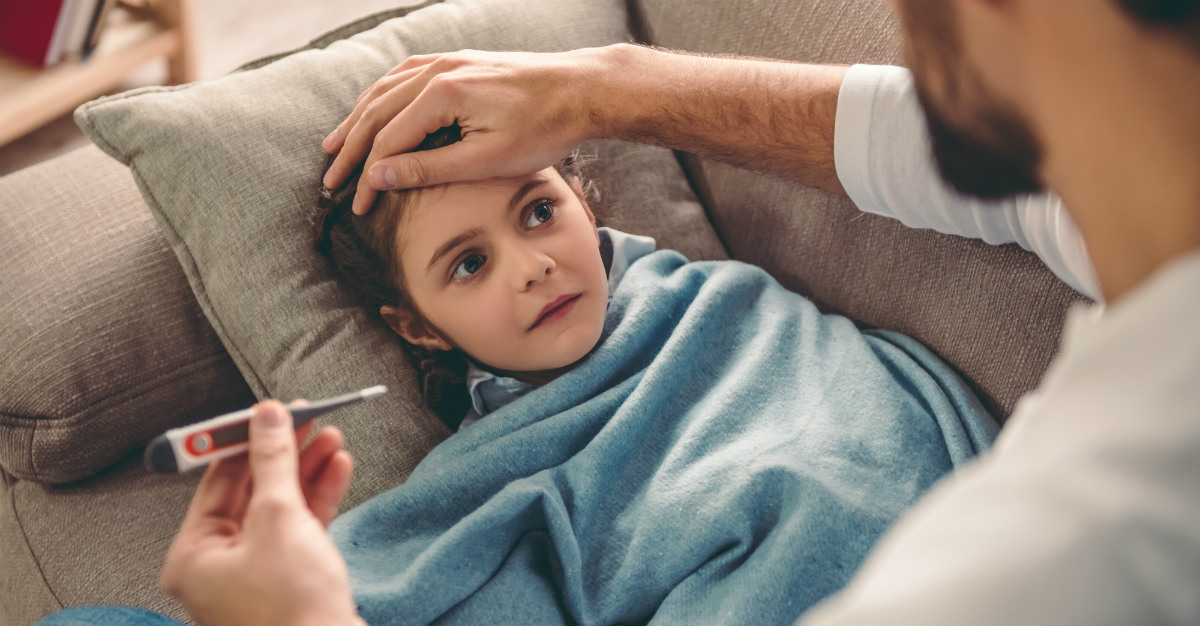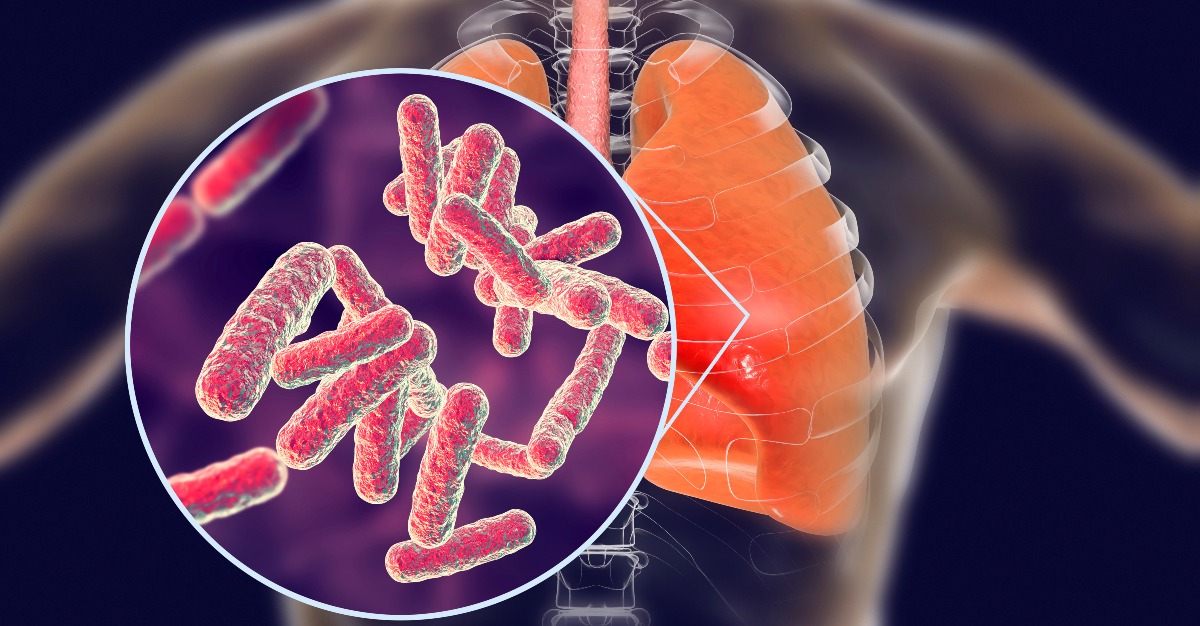
If you have plans to visit India, Pakistan, the Caribbean, or certain areas of Central and South America, Africa, and the Middle East, you’ve probably received a recommendation to have a typhoid fever vaccine. Typhoid fever is a bacterial disease with a history dating back to early Greek civilizations. A vaccine was developed in the late 19th century, helping to curb this potentially life-threatening infliction.

